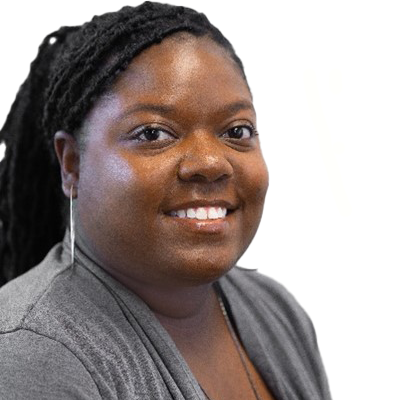When I began my PhD in Biomedical Science, I always envisioned myself making new discoveries and making the world a better place. I committed myself to research and I wanted to be a leader in the field. My doctoral research enhanced my interest in molecular pathways and how deviations in these pathways can lead to various diseases. However, after completing my PhD, I decided to move away from research for a while and transition into academia.
Working as an Associate Physiology Professor, I have educated students with various educational backgrounds and helped to enhance their critical thinking skills. While teaching them various physiology topics, I would always try to incorporate current research to make the material more interesting and relatable. This helped me realize that, although I had physically left the bench, my heart remained in the research. This confirmed to me that I was not interested in academia long-term. It was time to research alternate careers that could bring me back into the scientific world (without ever having to hold a pipette again, LOL).

Lauren J. Simmons, PhD
While researching nontraditional jobs, I came across an article discussing why technology transfer was a great career for PhDs in Biomedical Science. After reading the article, I decided technology transfer was right up my alley. There are many unanswered questions in our understanding and treatments of various diseases. Currently, labs are making discoveries that could make a positive impact on society, but they can run into licensing problems – which can mean the technology is never developed into a product. Thus, my professional goals became helping others promote their scientific innovations and being involved in intellectual property management. However, I had no idea how to get into the field.
After doing more research, I came across the Office of Technology Transfer (OTT) internship at Emory, and I decided to apply to the program. I felt this opportunity would provide exposure into the tech transfer world while allowing me to determine if this field was right for me. I was grateful to serve as an 2023-2024 OTT intern. I was excited but nervous to start my rotations with the licensing associates at the office. Each associate provided a stress-free and helpful environment where I felt comfortable asking questions and taking in all their knowledge. Each rotation increased my confidence in evaluating the various technologies to identify whether they were suitable candidates for patenting and commercialization. I truly believe the exposure and skills I developed during this internship prepared me for my next journey as a technology transfer fellow at the National Institutes of Allergy and Infectious Diseases.
– Lauren J. Simmons